While every child is different, generally speaking, children love to play with puzzles. Puzzles use bright and fun colours and often tell interesting stories which motivates children to make the pieces fit and create the bigger picture. Besides being amazing at keeping a child occupied just long enough for you to take a break on the couch, puzzles are also a great educational toy that has a number of benefits on children’s development.
The younger the child starts playing with puzzles the greater the positive effects will be. Of course, that doesn’t mean you should leave your baby with a 100 piece jigsaw puzzle. Babies are not able to complete interlocking pieces, but a children’s wooden block puzzle that involves placing 1 piece into 1 defined opening can be a great start. Each block piece has a wooden large that fits into the baby’s arm. By trying to maneuver the piece into its place, the child exercises his/her fine motor skills. What’s more, a children’s wooden block puzzle generally has large pieces that are sturdy enough so that a small child can’t bite something off.
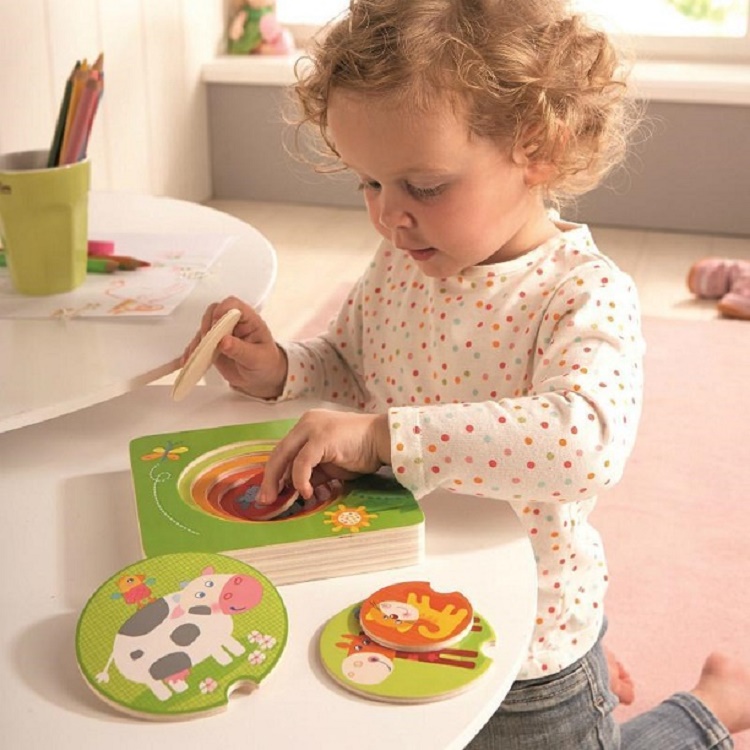
Once the child has established better fine motor control, he/she won’t need large knobs to hold the pieces. At this point, children can easily transition to more complex jigsaw puzzles that include multiple pieces. It’s best to choose a puzzle with an educational theme such as alphabet letters, basic geometric shapes, numbers, transport means, or colours. Educational puzzles help develop visual awareness and recognition and allow children to better understand an underlying connection between different things.
As a parent, getting your child to maintain better focus might be a tough thing to do. And this is where puzzles can be of great help. One of the strategies children use when trying to solve a puzzle is to remember how pieces fit. It also presents them with a challenge that they need to invest a great deal of time and patience in order to see the final result. This helps boost their memory and keeps them focused for long periods of time which can be of great importance for their cognitive development.
When buying a puzzle for your child, it’s important to choose an age-appropriate model. After all, you don’t want to give them a too difficult challenge that might frustrate them and cause an aversion towards puzzles. If we’re talking about a toddler, it’s best to go with a children’s wooden block puzzle or a nesting puzzles. Framed jigsaw puzzles are generally suitable for children ages 4 and up.
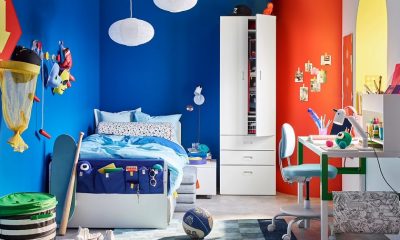
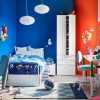
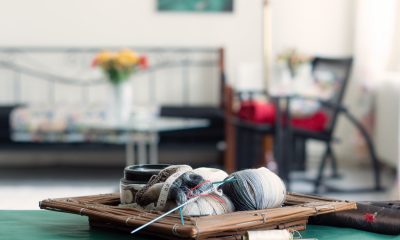

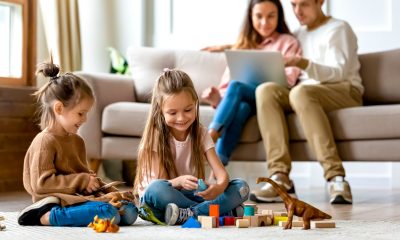

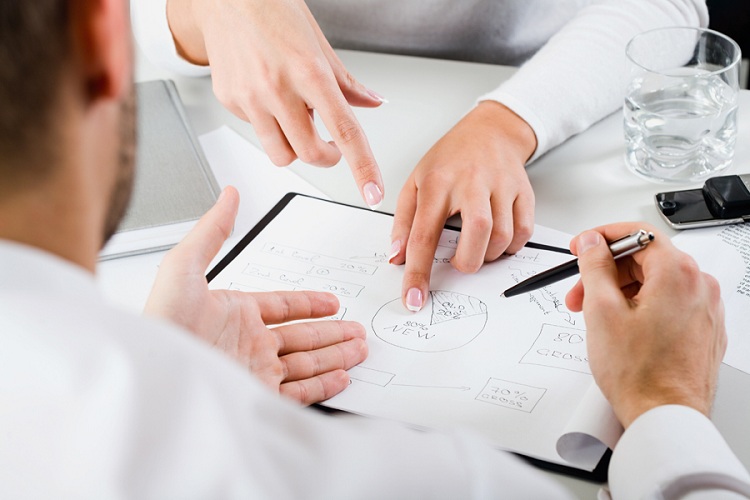

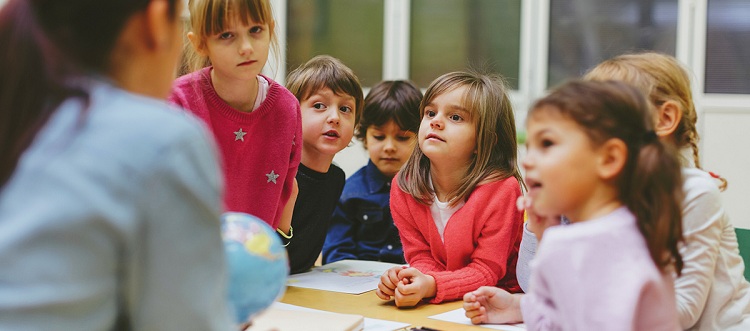



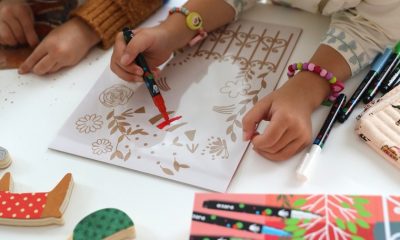
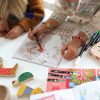

You must be logged in to post a comment Login